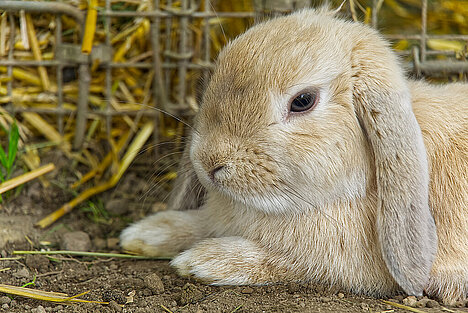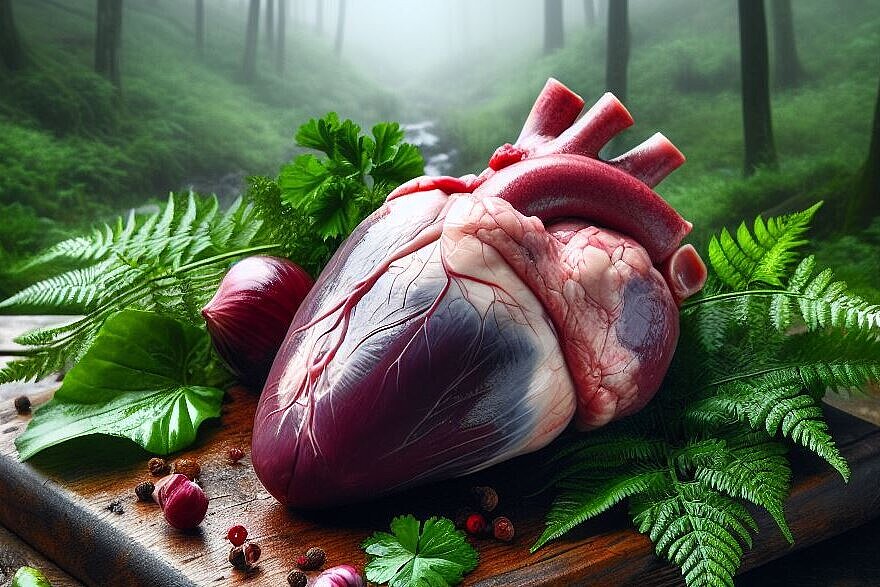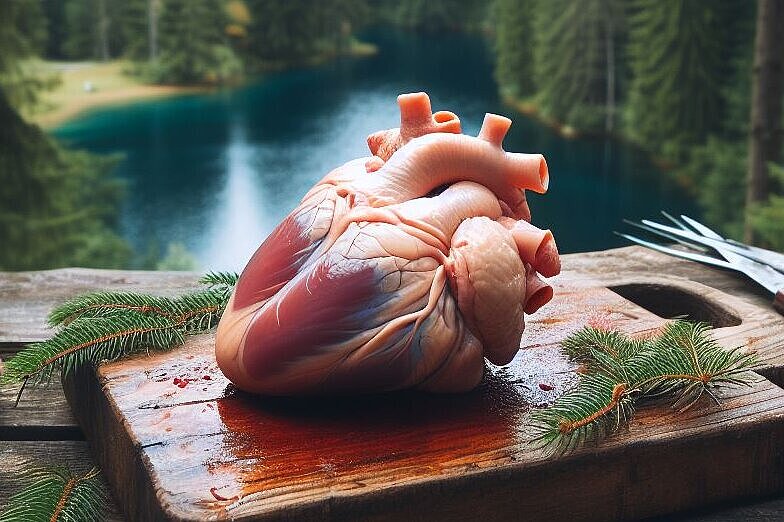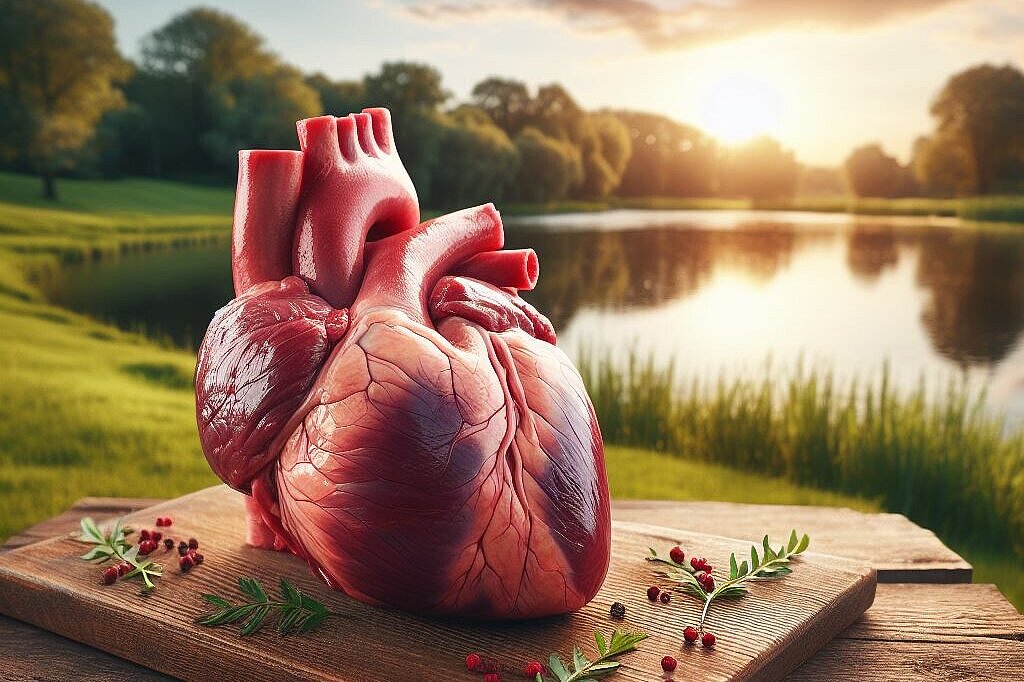Rabbit hearts

What are rabbit hearts?
Rabbit hearts are the hearts of rabbits that are bred for slaughter. They belong to the so-called by-products that are produced during meat processing. By-products are parts of animals that are unsuitable or less suitable for human consumption, but are a valuable source of food for dogs.
Rabbit hearts consist mainly of muscle meat and contain a lot of protein, iron and taurine. Protein is important for muscle building and cell regeneration, iron supports blood formation and oxygen transport and taurine is essential for heart function and vision. Rabbit hearts are also low in fat and easy to digest.
What are the benefits of rabbit hearts for dogs?
Rabbit hearts have many benefits for dogs, especially when fed as part of a balanced diet. Here are some of them:
- Rabbit hearts are a natural and species-appropriate food for dogs, catering to their instincts. Dogs are descended from wolves, which would also eat offal in the wild.
- Rabbit hearts are a varied and tasty addition to normal food. They can offer your dog new taste sensations and increase his appetite.
- Rabbit hearts are a good source of high-quality protein, which provides your dog with important amino acids. Protein is the building block for muscles, skin, hair, nails and much more.
- Rabbit hearts are rich in iron, which is responsible for the formation of red blood cells. Iron deficiency can lead to anemia, which manifests itself as tiredness, weakness and paleness.
- Rabbit hearts contain a lot of taurine, which is essential for heart and eye health. Taurine deficiency can lead to heart problems and vision problems, especially in certain breeds such as Boxers or Cocker Spaniels.
- Rabbit hearts are low in fat and calories, making them a good choice for overweight or older dogs. Too much fat can lead to obesity, diabetes or pancreatitis.
What are the disadvantages of rabbit hearts for dogs?
Rabbit hearts also have some disadvantages for dogs that you should be aware of. Here are some of them:
- Rabbit hearts are not a complete food and should only be given as a supplement to normal food. They do not contain all the nutrients your dog needs, such as calcium or vitamins.
- Rabbit hearts can contain bacteria or parasites that can make your dog ill. Therefore, you should always cook them thoroughly or freeze them before giving them to your dog.
Rabbit hearts are a valuable addition to a dog's diet, rich in protein, iron and taurine. They are low in fat and easy to digest. However, they should be given as part of a balanced diet and should be well cooked or frozen before feeding to avoid bacteria.
If you notice any signs of hypersensitivity or poisoning in your dog, you should see your vet immediately. We are not a substitute for a vet, but we try to be as accurate as possible. Every dog reacts differently and we recommend you get a second opinion or consult your vet if in doubt.
Stay healthy and take good care of your four-legged friend!😊
Similar to Rabbit hearts
Duck heart is a so-called offal, i.e. an organ of the animal. It is part of the muscle meat and is therefore rich in protein, iron and other minerals. Duck heart has a high content of taurine, an...
Chicken hearts are the muscles that pump blood through the poultry's body. They belong to the so-called offal or by-products and are often referred to as offal. However, this does not mean that they...
Calf hearts are the hearts of young cattle that are usually slaughtered between six and twelve months old. They belong to the so-called offal or by-products that are produced during meat processing....
Beef hearts are, as the name suggests, the hearts of cattle. They belong to the so-called offal or organ meat, which is often regarded as a by-product of the meat industry. However, they are a...



